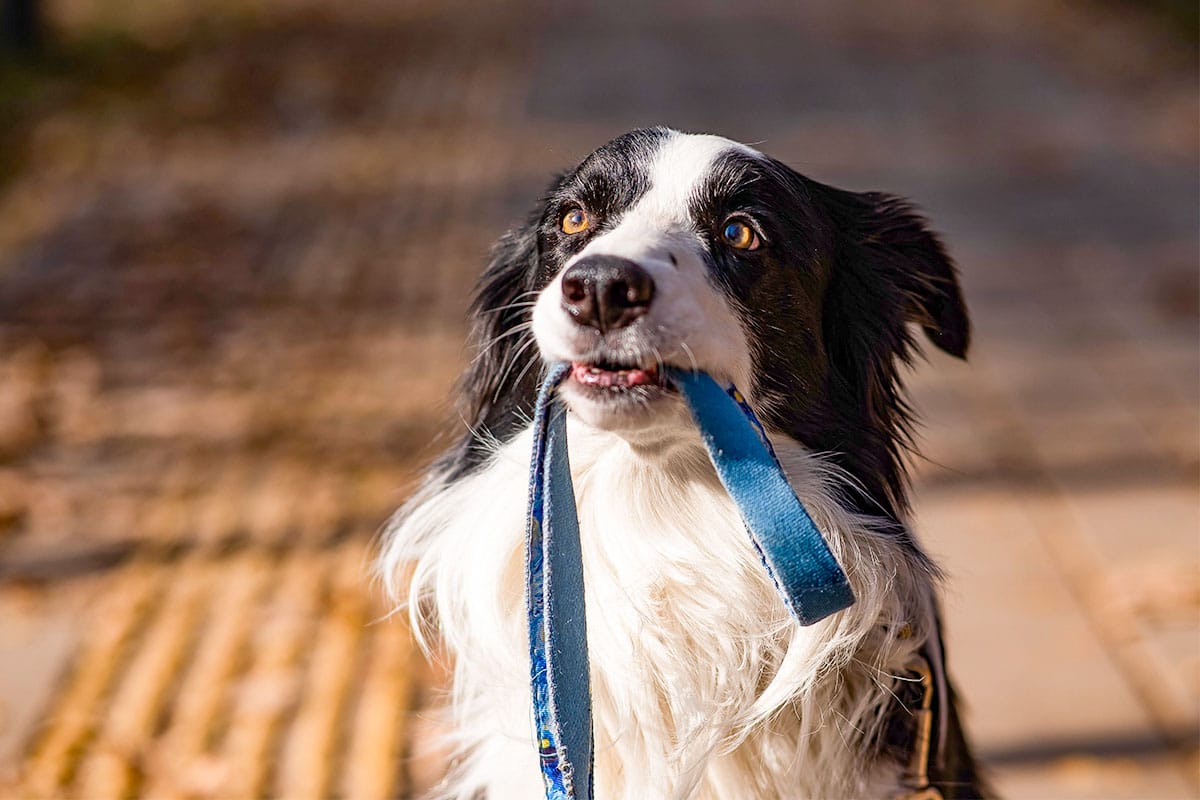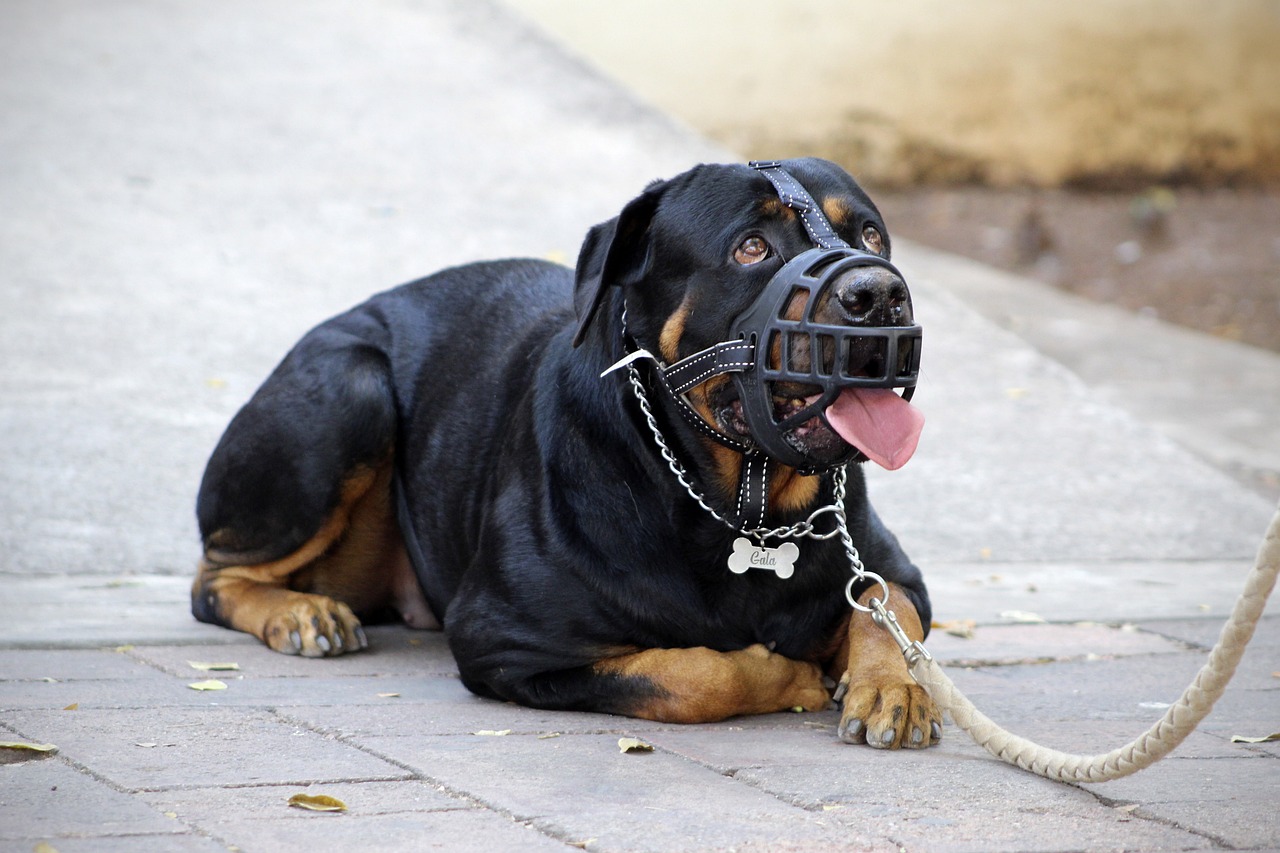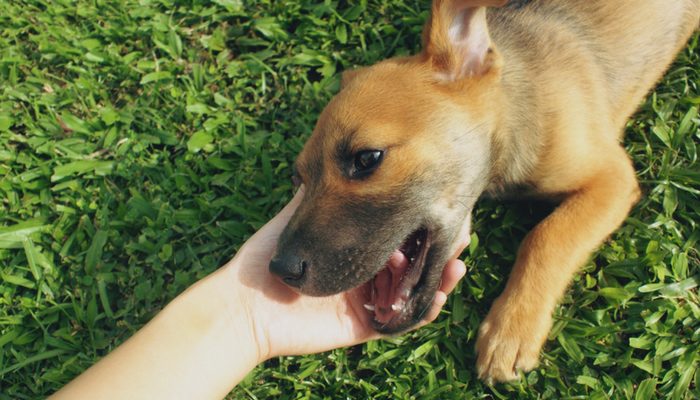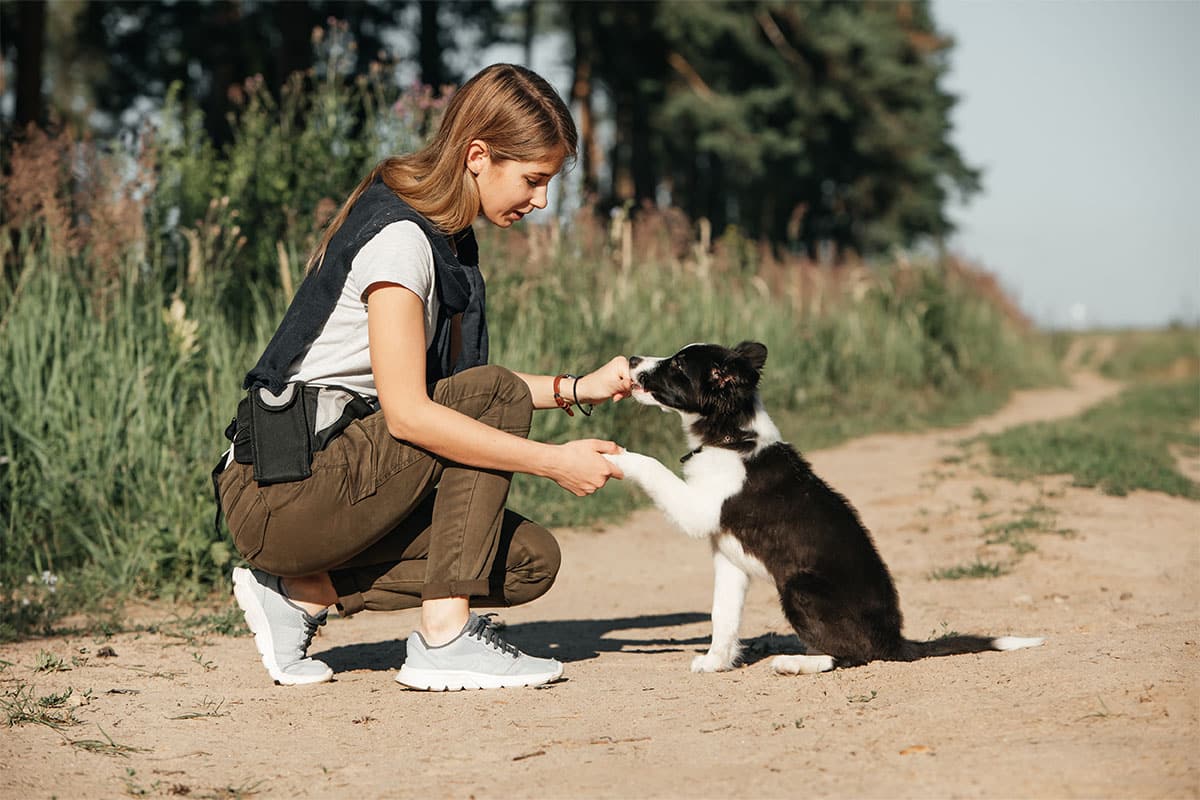Can dogs eat pine nuts? This is a common question for pet owners who want to share snacks with their furry friends. The good news is that pine nuts are not toxic to dogs. Most dogs can eat a small amount without any problem. Pine nuts even have healthy nutrients like vitamin E, magnesium, and iron, which can help your dog’s coat and heart.
But, pine nuts are also very high in fat and phosphorus. Too many can upset your dog’s stomach or cause health issues like pancreatitis or urinary problems. That’s why it’s best to only give pine nuts as a rare treat, and always in small amounts. If you’re ever unsure, ask your vet before sharing new foods with your dog.
Are Pine Nuts Safe for Dogs?
Pine nuts are not toxic to dogs. But you should only give them in small amounts.
High fat can harm your dog’s health
Pine nuts have a lot of fat. Too many can cause pancreatitis, which is a painful swelling of the pancreas. This is extra risky for dogs that are overweight or have health problems.
Phosphorus might hurt the bladder
Pine nuts also have a lot of phosphorus. Eating too many can cause urinary problems or even kidney stones in some dogs.
Choking risk for small dogs
Pine nuts are small, but they can still get stuck in your dog’s throat or gut. This is most dangerous for small breeds. Always crush or grind pine nuts before giving them to small dogs.
What to Do
- Feed only raw, unsalted pine nuts. Never give nuts with salt, garlic, or other spices.
- Give 1-2 nuts to small dogs and up to 5 nuts to large dogs, only as a rare treat.
- Watch your dog after eating pine nuts. Look for signs like vomiting, tiredness, or diarrhea.
If you see any of these signs, call your vet right away.
Nutritional Benefits of Pine Nuts for Dogs
Healthy Nutrients in Pine Nuts
Pine nuts are small, but they are packed with important nutrients that can help your dog in different ways:
- Vitamin E: This vitamin helps keep your dog’s skin and coat healthy and shiny. It also supports the immune system, helping your dog fight off sickness.
- Magnesium: Magnesium is good for your dog’s muscles and nerves. It helps the body use energy and keeps the heart working well.
- Iron: Iron helps make healthy red blood cells, which carry oxygen all around your dog’s body. This keeps your dog active and strong.
- Healthy Fats (Pinolenic Acid): Pine nuts have special fats called pinolenic acid. These fats can help lower swelling and support joint health. Healthy fats are also good for your dog’s skin and can help keep their fur soft.
Together, these nutrients can help your dog’s coat look better, support a healthy heart, and help keep their blood sugar at a normal level.
When Pine Nuts Can Be Beneficial
Pine nuts can be a good choice as an occasional treat for your dog. Here’s when they might help:
- For a shiny coat: If your dog’s fur looks dull, the vitamin E and healthy fats in pine nuts may help make it softer and shinier.
- For extra nutrients: Sometimes, dogs need a little boost of vitamins and minerals, especially if they are picky eaters or have special health needs.
- For older dogs: The anti-inflammatory fats in pine nuts can help with joint comfort, which is important for older dogs.
Important:
Even though pine nuts have these benefits, they should only be given in small amounts and not every day. Too many pine nuts can cause stomach problems because of their high fat content. Always talk to your vet before adding new treats to your dog’s diet.
Risks of Feeding Pine Nuts to Dogs
Health Risks to Monitor
Pine nuts are not toxic to dogs, but they can still cause problems if eaten in large amounts or too often. Here are the main risks:
Pancreatitis
Pine nuts have a lot of fat. Eating too much fat can make your dog’s pancreas swollen and painful. This is called pancreatitis. Dogs with pancreatitis may vomit, have diarrhea, act tired, or lose their appetite. Pancreatitis can be very serious and needs a vet’s care.
Urinary Issues
Pine nuts have high phosphorus. Too much phosphorus can hurt your dog’s bladder and kidneys. Some dogs may get kidney stones or have trouble peeing. Dogs with kidney or urinary problems should not eat pine nuts.
Choking or Blockages
Whole pine nuts are small, but they can still get stuck in your dog’s throat or gut, especially in small breeds. If a nut blocks the gut, your dog may vomit, stop eating, or act weak. This is an emergency and needs a vet right away.
Toxic Additives to Avoid
Never give your dog pine nuts with added salt, garlic, onion, or other seasonings.
- Salt can raise blood pressure and cause dehydration.
- Garlic and onion are very dangerous for dogs and can damage their red blood cells.
- Spices and flavorings can upset your dog’s stomach or be toxic.
Always feed only plain, unsalted pine nuts-and only as a rare treat. If your dog eats seasoned or flavored nuts, call your vet right away.
In summary:
Pine nuts are safe only in small amounts and only if they are plain. Too many can cause tummy trouble, pancreatitis, or urinary problems. Watch your dog for vomiting, diarrhea, or tiredness after eating pine nuts. If you see these signs, call your vet for help.
How to Safely Feed Pine Nuts to Dogs
Preparation Tips
- Serve raw, shelled, and unsalted:
Always give your dog plain pine nuts. Do not use any with salt, spices, garlic, or onion. These can be harmful to dogs. - Grind nuts for better digestion:
Dogs cannot digest whole nuts well. Grinding or crushing pine nuts helps your dog’s body use the nutrients and lowers the risk of choking or blockages, especially for small dogs. - Soak and rinse (optional):
Soaking raw pine nuts and rinsing them can help remove some natural chemicals that may block nutrient absorption. This step is extra but can make nuts gentler on your dog’s stomach. - Always supervise:
Watch your dog when giving pine nuts to prevent choking, especially if your dog eats quickly or is a small breed.
Portion Guidelines by Weight
- Small dogs:
Give only 1–2 pine nuts at a time, and only occasionally. Pine nuts are high in fat, so small dogs can get sick from even a few nuts if given too often. - Large dogs:
You can give up to 5 pine nuts as a rare treat. Do not make pine nuts a regular part of your dog’s diet. Too many can cause stomach upset or health problems. - General rule:
Pine nuts should be less than ten percent of your dog’s treats. They are not needed for a healthy diet and should only be given once in a while.
Important:
Always check with your vet before adding any new food to your dog’s diet, especially if your dog has health problems or is very young or old.
Summary Table
| Small dogs | 1–2 pine nuts | Occasionally |
| Large dogs | Up to 5 pine nuts | Rare treat only |
Remember:
Feed only raw, unsalted, shelled, and ground pine nuts. Watch your dog for any signs of stomach upset or allergies after eating. If you notice vomiting, diarrhea, or tiredness, stop feeding pine nuts and call your vet.
Symptoms of Pine Nut Overconsumption
If your dog eats too many pine nuts, you may notice some signs that show their body is not handling it well. These symptoms can range from mild stomach upset to serious health problems.
Common Symptoms
- Vomiting: Your dog may throw up after eating too many pine nuts.
- Diarrhea: Loose or watery stools are common if your dog’s stomach is upset.
- Lethargy: Your dog might seem tired, weak, or less interested in playing.
- Loss of appetite: Some dogs may stop eating or eat much less than usual.
- Abdominal pain: Your dog might whine, avoid being touched, or seem uncomfortable.
- Nausea: Signs include drooling, licking lips, or turning away from food.
These symptoms can happen because pine nuts are high in fat and phosphorus. Too much fat can cause pancreatitis, and too much phosphorus can cause urinary problems or kidney stones.
Severe Signs to Watch For
Sometimes, eating too many pine nuts can cause very serious problems:
- Tremors: Shaking or twitching can happen if your dog is very sick or has a blockage.
- Difficulty walking: Your dog may have trouble standing or walking straight.
- Collapse or severe weakness: In very bad cases, your dog may collapse or be unable to get up.
- No poop or straining: If your dog can’t poop or is straining, it could mean a blockage.
These signs can point to dangerous problems like pancreatitis (swelling of the pancreas) or an intestinal blockage. Both are emergencies and need a vet right away.
When to Contact a Vet
Call your vet if your dog shows any of these symptoms after eating pine nuts:
- Vomiting
- Diarrhea
- Lethargy or weakness
- Loss of appetite
- Tremors or shaking
- Trouble walking
- Severe belly pain
- No poop or trouble pooping
If your dog is very tired, can’t stand, or you see tremors, get help immediately. These can be signs of a serious problem that needs fast treatment.
Summary:
Feeding too many pine nuts can upset your dog’s stomach or cause dangerous health issues. Always watch your dog after giving new treats, and call your vet if you notice any of these warning signs.
Pine Nuts vs. Other Nuts: What’s Safe?
Dog-Safe Nuts (in moderation)
Some nuts are safe for dogs if given in small amounts and without any salt or flavoring. The safest nuts for dogs include:
- Peanuts: Plain, unsalted, and shelled peanuts are safe for dogs in small amounts. They are not toxic but are high in fat, so only give as an occasional treat.
- Cashews: Unsalted and shelled cashews are safe for dogs when fed in moderation. Like peanuts, they are high in fat and should not be a regular snack.
- Pine nuts: Plain, raw pine nuts can be safe for dogs in small amounts. They provide some healthy nutrients but are also high in fat, so they should only be given as a rare treat.
Always remove the shells from nuts before giving them to your dog, as shells can cause choking or stomach problems. Never feed your dog salted, flavored, or coated nuts, as these can be harmful.
Toxic Nuts to Avoid
Some nuts are dangerous or even toxic to dogs and should always be avoided:
- Macadamia nuts: These are highly toxic to dogs. Even a small amount can cause vomiting, weakness, tremors, and fever. If your dog eats macadamia nuts, call your vet right away.
- Walnuts: Walnuts, especially black walnuts, can be toxic and often carry mold that is harmful to dogs. They can cause vomiting, tremors, and even seizures.
- Pecans: Pecans can contain toxins and mold that are dangerous to dogs. Eating them can lead to stomach upset, tremors, or worse.
- Pistachios: Pistachios are not as toxic as macadamia nuts, but they are very high in fat and can cause pancreatitis or stomach upset. They may also carry mold that is harmful to dogs.
Other nuts like almonds, hazelnuts, and Brazil nuts are not as toxic but can still cause stomach upset, choking, or blockages, especially in small dogs, so it is best to avoid them or only give them in very small amounts and never with shells or salt.
Summary Table
| Peanuts | Yes, in moderation | Unsalted, shelled, small amounts only |
| Cashews | Yes, in moderation | Unsalted, shelled, small amounts only |
| Pine nuts | Yes, in moderation | Raw, unsalted, small amounts only |
| Macadamia nuts | No | Highly toxic, never feed |
| Walnuts | No | Toxic, risk of mold, never feed |
| Pecans | No | Toxic, risk of mold, never feed |
| Pistachios | No | High fat, mold risk, avoid |
FAQs.
Can my dog eat pine nuts?
Yes, dogs can eat plain pine nuts in small amounts. Pine nuts are not toxic, but too many can cause stomach upset or health problems due to high fat content. Always give them as an occasional treat and avoid salted or flavored nuts.
Are pine nuts safe for puppies?
No, it’s not recommended to give pine nuts to puppies. Puppies have sensitive stomachs, and fatty foods like pine nuts can cause digestive upset or other health issues. Stick to puppy-safe treats and ask your vet before offering any nuts.
What are the risks of feeding pine nuts to dogs?
Feeding too many pine nuts can cause vomiting, diarrhea, or pancreatitis due to high fat. Small dogs may also choke on whole nuts. Always serve raw, unsalted pine nuts and give only a few as a rare treat.
Are roasted pine nuts okay for dogs?
Yes, unsalted roasted pine nuts are safe for dogs in small amounts. However, roasting removes some nutrients. Never give pine nuts with salt, oil, or spices, as these can harm your dog.
What is a healthier alternative to pine nuts for dogs?
Pumpkin seeds or chia seeds are healthier alternatives. They offer similar nutrients with less fat, making them safer for regular treats. Always serve them plain and in moderation.
Conclusion
Pine nuts are not toxic to dogs and can give some health benefits, like healthy fats and vitamins. However, they are high in fat and phosphorus, which can cause stomach upset, pancreatitis, or urinary problems if eaten too often or in large amounts.
Only give plain, unsalted pine nuts as a rare treat and in small amounts. Always watch your dog for any signs of illness after eating new foods.
It’s best to talk to your vet before giving your dog pine nuts or any new treat. This helps keep your dog safe and healthy.
Reference Links:
American Kennel Club: Can Dogs Eat Acorns and Other Tree Nuts?
DogTime: Can Dogs Eat Pine Nuts? Are Pine Nuts Safe For Dogs?



















 English (US) ·
English (US) ·